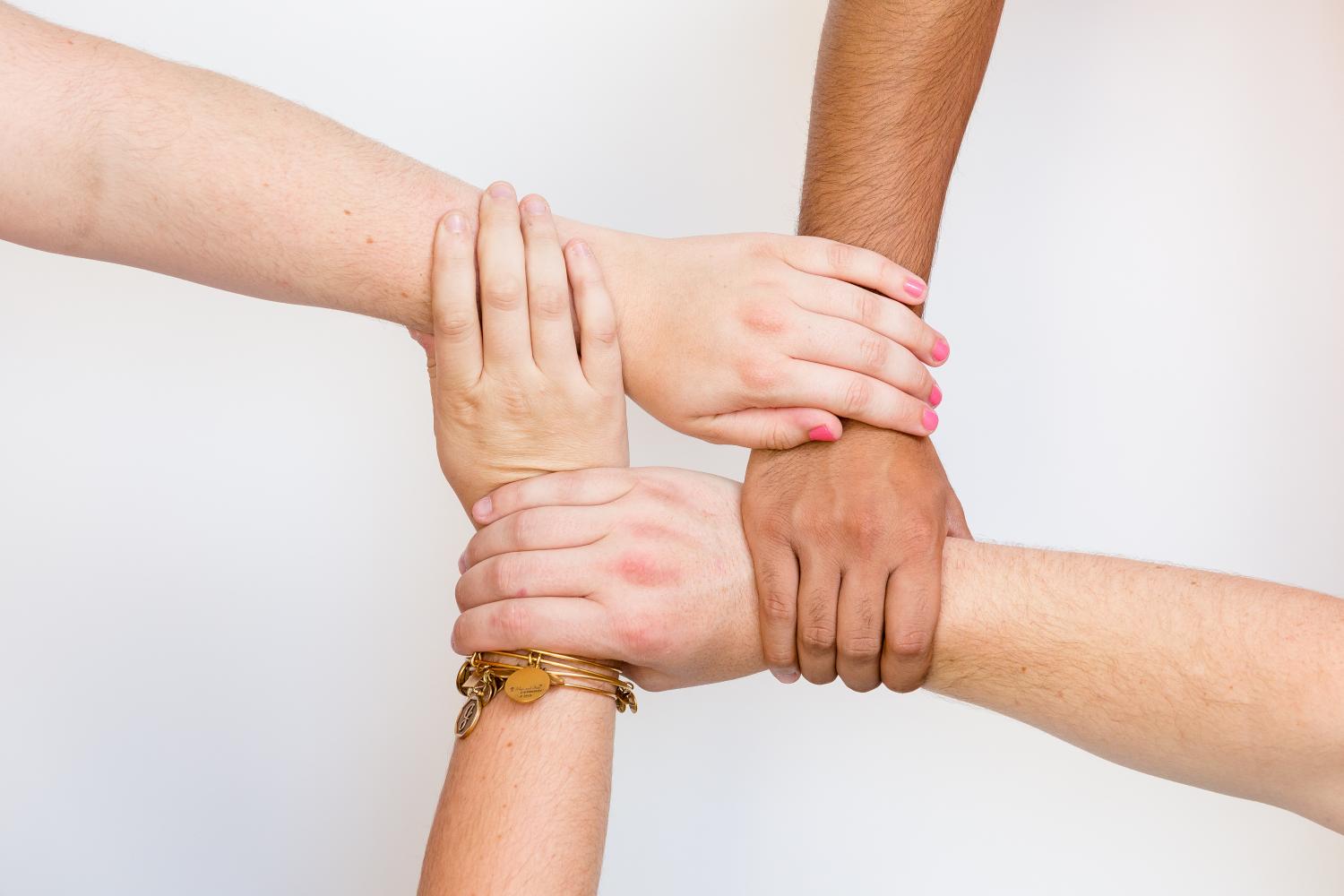"For quite some time, there has been this binary understanding of gender, of masculinity and femininity," said Laura Shackelford, chair of the Women and Gender Studies Program. "And in that, the negative characteristics of femininity reinforce the positive characteristics of masculinity, and vice versa. For me, the sad thing is that tends to limit the possibilities both for men and for women."
In contemporary society, these roles of being "manly" and being "womanly" have been put under increasing scrutiny. Before delving into the factors relating to the shift in traditional gender roles, it is first necessary to define what "traditional" means in this context. The causes for traits of masculinity can be broken down into both psychological and sociological perspectives.
On the psychological end, masculinity — which traditionally encompasses traits of being stoic, independent and strong with extremely subdued emotions — can be pinpointed to the earliest stages of development. Clinical psychologist Dr. Michael J. Diamond postulates that the roots of masculine traits are strongly linked to the relationship between the growing male's relationship with his mother in an essay entitled "Masculinity Unraveled: The Roots Of Male Gender Identity And The Shifting Of Male Ego Ideals."
Much akin to Freud's Oedipal theory on male development, Diamond speculates that a growing male will form an identification with his mother in the early stages of development. A healthy male will not exactly grow to
Balance between the two polarities is key to a well-rounded individual, and likely defies gender.
However, balance of these traits, regardless of health, is not something commonly portrayed in pop culture. Hyper-masculinity is glorified, while femininity tends to be frowned upon.
"Going back in American history, going back even to frontier days, you have this image of a self-reliant, individualistic outlaw hero, or the genius who does what he wants without being tied down by family or culture — the independent, fearless visionary," Shackelford said. She went on to explain that these masculine ideals can even be found in places we might not expect them, particularly in popular culture. Shows such as "The Big Bang Theory" heavily feature the trope of the misunderstood brilliance that panders to this idea of masculinity.
"
This idea of the independent genius is echoed throughout American history, yet is often a fallacy. Perhaps the most notable manifestation of this masculine ideal is Thomas Edison; however, while Edison is generally seen as a true independent visionary, the fact of the matter is that Edison received a large amount of funding and assistance throughout his career, and even fabricated stories of his life to better fit the exact image Shackelford described, such as claiming he never received any formal education. Additionally, the battle between himself and Nikola Tesla, iconically seen as the epitome of independent visionaries in nerd-culture, is also more or less fabricated.
Shackelford suggested that admitting that these heroes received assistance, had familial support and were not independent or self-reliant breaks from a masculine narrative and emphasizes feminine traits. French feminist Luce Irigaray explains why this is generally seen as a negative in a gender binary system in which masculine traits are the 1's while feminine traits are the 0's. In other words, "masculine" attributes such as self-reliance, independence and stoicism are countered by the absence of working cooperatively, depending on others or being emotional. These are traditionally "feminine" traits, which will always be seen as negative, or the absence of, masculine traits.
"What follows from that," Shackelford said, "is that women are just defined in terms of the male standard. They're defined in not having what males have, in negative terms. So what Irigaray said is that, in a binary system, there is no femininity represented. There's just men and their 'other.'"
Today, with the rise of the transgender movement and a greater focus on understanding gender, this image has begun to falter. The idealized male has been an increasingly popular subject of prodding and exploration in pop culture.
For example, the HBO classic "The Sopranos" summarizes the modern fall of masculine culture. Centered around perhaps the most traditionally masculine subcultures imaginable, the series systematically breaks down every characteristic of being a "man," such as loyalty and rigidness, into a form of being troubled, insecure, often savage and, in the end, archaic, exploring the philosophy of a time that may have never existed. Similarly, "True Detective's" second season focuses intently on the harsh realities of attempting to live up to ideals of extreme machismo, which has in disastrous consequences for the characters.
"There's a lot of space overlapping between gender roles," Shackelford said. "And there's a lot of texts and literature exploring the more complicated understanding of gender. It's exciting, because it seems that it's a generational shift. It's not just people who want to have a different identity with their gender or sexual orientation. It's an entire generation realizing that there is much more complexity to gender, and it's a right that people have to express however they see fit."








